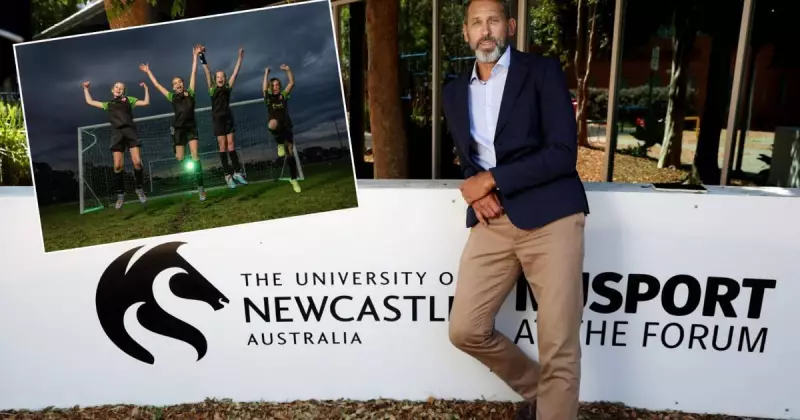
Australia's sporting culture is facing a silent crisis as thousands of young athletes abandon organised sports each year, and according to leading expert David Lubans, the quality of coaching bears significant responsibility for this troubling trend.
The Coaching Conundrum
Professor David Lubans, a respected sports scientist from the University of Newcastle, has sounded the alarm about how subpar coaching methods are driving children away from sports they once loved. His research indicates that when young athletes encounter poor coaching, their enjoyment plummets and dropout rates skyrocket.
Beyond Winning and Losing
"The focus shouldn't be solely on winning matches or competitions," Lubans emphasises. "When coaches prioritise victory over player development and enjoyment, they're missing the fundamental purpose of youth sports."
Lubans points to several critical areas where coaching often falls short:
- Over-emphasis on competition at the expense of skill development
- Poor communication skills that fail to engage young athletes
- Lack of positive reinforcement and constructive feedback
- Insufficient focus on fun and social aspects of sport
The Australian Sporting Landscape
This issue strikes at the heart of Australia's sporting identity, where participation rates in traditional sports like cricket, AFL, and rugby have shown concerning declines among younger demographics. The problem extends beyond team sports to affect swimming, athletics, and various recreational activities.
A Better Path Forward
Lubans advocates for a fundamental shift in how we approach youth sports coaching. "Quality coaching isn't just about technical expertise," he explains. "It's about creating environments where children feel valued, supported, and excited to participate."
Key improvements include:
- Comprehensive coach education programs focusing on child development
- Greater emphasis on creating positive, inclusive sporting environments
- Balancing competitive elements with skill-building and social development
- Regular feedback systems for coaches to improve their methods
The Long-term Impact
The consequences extend far beyond childhood. When young people develop negative associations with physical activity, it can affect their health and fitness habits throughout adulthood. Getting youth sports right means not just preserving our sporting culture, but investing in the nation's future wellbeing.
As Lubans concludes, "Every child deserves a positive sporting experience. When we improve coaching quality, we're not just creating better athletes – we're fostering healthier, happier Australians who maintain active lifestyles for life."





